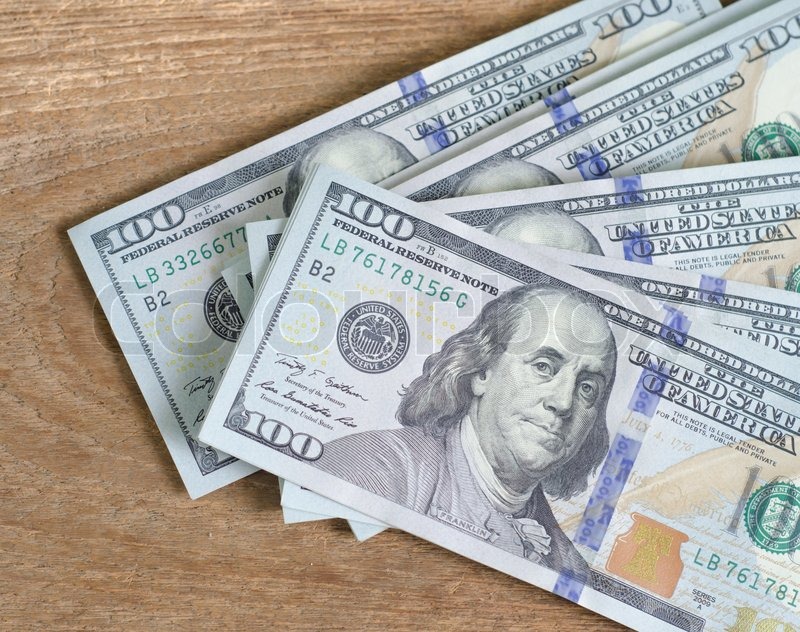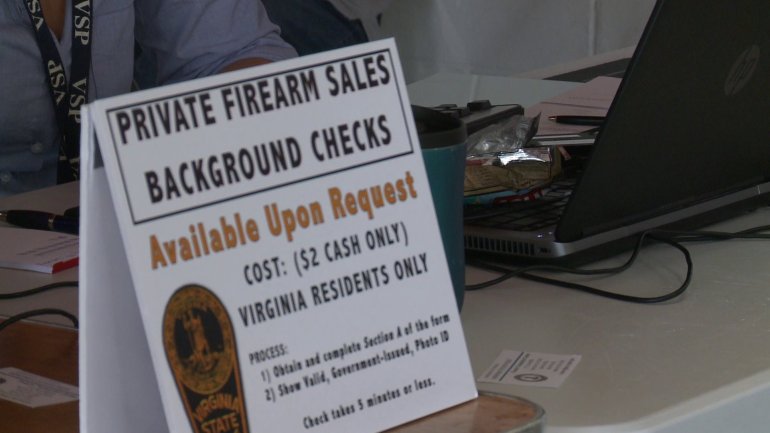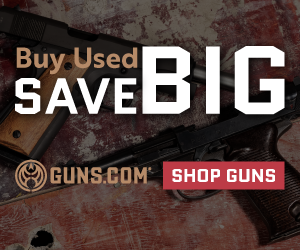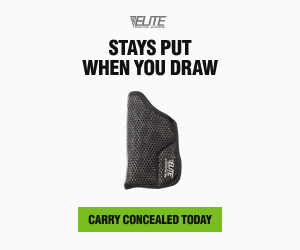Simple as it might seem purchasing a firearm from a private citizen still has to satisfy state and federal law, and that responsibility is squarely on you! READ MORE
Jason Hanson
Last year, a Florida man named Brown Dimas was looking to purchase a firearm. So he did what many folks do and looked at a gun classifieds website called FloridaGunTrader.
After purchasing a gun from a man named John Michael, Dimas called the Lee County Sheriff’s Department and asked them to check the serial number on the firearm. When the Florida deputies ran the serial number, they discovered the gun had been reported stolen in Tennessee.
In other words, Dimas was in possession of a stolen firearm. That’s pretty serious. As Dimas told local media outlets, “I could’ve been riding home and got pulled over and went to jail because I had that firearm on me, even if I had just purchased it.”
Dimas is incredibly lucky he contacted the sheriff’s office and wasn’t stopped by police with the gun. Since he did the right thing and called the police himself, he wasn’t criminally charged for having a stolen firearm.
That being said, he did have to turn over the gun and he’s out the $500 he paid John Michael. Not surprisingly, after this incident no one — including the sheriff’s office — was able to get a hold of Mr. Michael.
Many gun owners prefer to purchase guns through private sales for a number of reasons. This is exactly what I do — I’ve bought a number of guns from private sellers. If you decide to go the second-hand route, it is your responsibility to make sure you do so legally.
The first thing you need to do when considering buying a firearm from a private party is make sure it’s legal to do so in your state.
In California, for example, all private sales are required to be conducted through a licensed firearms dealer. Even if you are selling a gun to your best friend, both of you need to go to a licensed dealer together for them to process the transaction. So make sure you know the laws in your state.
Next, no matter what state you live in, you can only buy a firearm from or sell a firearm to a private party if they live in the same state.
Since I live in Utah, I can’t sell a firearm to a family member who lives in Nevada. If I want to sell my out-of-state relative a firearm, we both need to use a licensed dealer — one in each state.
Basically, I need to send the firearm from a licensed dealer in Utah to another licensed dealer in Nevada. (Keep in mind licensed dealers will typically charge a transfer fee, usually between $20-30.)
Now, let’s say you’ve found a firearm that you are interested in purchasing from a gun classifieds website in your state. Once you and the seller have agreed on a price and you are ready to make the purchase, ask them for the serial number on the gun. (Anyone who is legally selling a firearm should have no problem giving you this information.)
Once you have the serial number, call your local police department and ask if they are able to run the serial number through the National Crime Information Center (NCIC). This is a law enforcement database where all stolen firearms are supposed to be logged.
This is how the Lee County sheriff’s office was able to tell Mr. Dimas that the gun he purchased was stolen. Most police departments will run the serial number through NCIC as a courtesy. They should be able to tell you right away if the gun you want to purchase was reported stolen.
After you have determined the gun isn’t stolen, set up a time and place to meet the seller. I recommend choosing a parking lot or somewhere there is a lot of traffic. You want to conduct the sale in a public place. In addition, I suggest noting the license plate number on their vehicle in case you need to help police identify them at a later date.
When meeting with a potential buyer (or if you’re the seller), bring along a bill of sale to fill out. You can find a sample bill of sale online. Be sure to include the make, model, caliber and the full names and addresses of both parties involved.
Lastly, the most important thing to remember when buying (or selling) a used firearm is that if it sounds like too good of a deal, don’t go through with it. If someone is selling a gun for $100 that normally sells for $500, it could be a sign that it’s stolen.
Likewise, if someone offers you $800 for a firearm you only paid $300 for, it could be a sign that person can’t legally buy a gun so they are willing to overpay.
Either way, if it’s too good to be true, it probably is.
Jason Hanson is a former CIA Officer and New York Times bestselling author of Spy Secrets That Can Save Your Life. To get a free copy of his book, visit www.SpyEscape.com.










